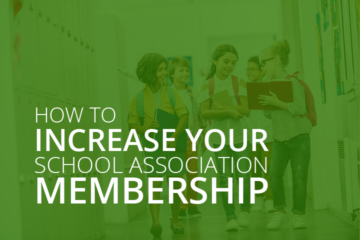Why Do High Schools Need College Counselors?
Many students aspire to attend college, but not all of them are ready for the challenges of applying, attending or paying for postsecondary education. At a time when getting into college seems more difficult each year, there is a shortage of college and guidance counselors due to budget cuts and other challenges. One in five high schools lacked a school counselor in the 2011-2012 school year, according to U.S. Department of Education.
Caseloads are getting larger, and counselors are often charged with additional tasks that go beyond their traditional roles of preparing students for college. The average school counselor in the U.S. saw about 471 students in the 2010-2011 school year. The American School Counselor Association recommends a caseload of about 250. School counselors are vital to helping students realize their full potential, develop career goals and adequately prepare for their futures.
What does a guidance counselor do?
According to the National Office for School Counselor Advocacy, the work of a school counselor follows and fulfills these 8 essential elements:
- College aspirations – start early, and help students gain confidence in themselves so they aspire to continue their education. Keep expectations high, and convey the message that all students can succeed in college.
- Academic planning for college and career readiness – help students plan and work towards the goal of furthering their education by motivating them to choose a path and prepare for it with the right courses.
- Enrichment and extracurricular engagement – encourage students to explore different events, experiences and extracurricular activities, including volunteer opportunities, that will help them build confidence and nurture their special talents and qualities.
- College and career exploration and selection processes – provide students with the information they need to make an informed decision when choosing a college or career.
- College and career assessments – prepare students and promote participation in career and college assessments
- College affordability planning – ensure students and their families have information about the cost of college and options for paying for an education, including scholarships, loans and the financial aid process, so they can plan ahead
- College and career admission processes – provide families and students with information about the application and admissions process so students can find a college that fits their goals and interests
- Transition from high school graduation to college enrollment – connect students with community and college resources that will help them overcome any barriers when transitioning from high school to college
Research indicates that career counseling is effective at helping students prepare for whichever future path they choose — college or a career. It has been especially beneficial for minority and at-risk students.
Conclusion
Every student needs guidance, especially during adolescence, which can be a difficult, confusing time that is full of change. Many students will be transitioning away from their parents for the first time, and are sorting out who they hope to become. With fewer counselors who have less time to help students, many will be left to figure it out on their own or with the help of busy teachers and parents who may not have the answers.
Photo: College Fund. Credit: Tax Credits / Flickr




